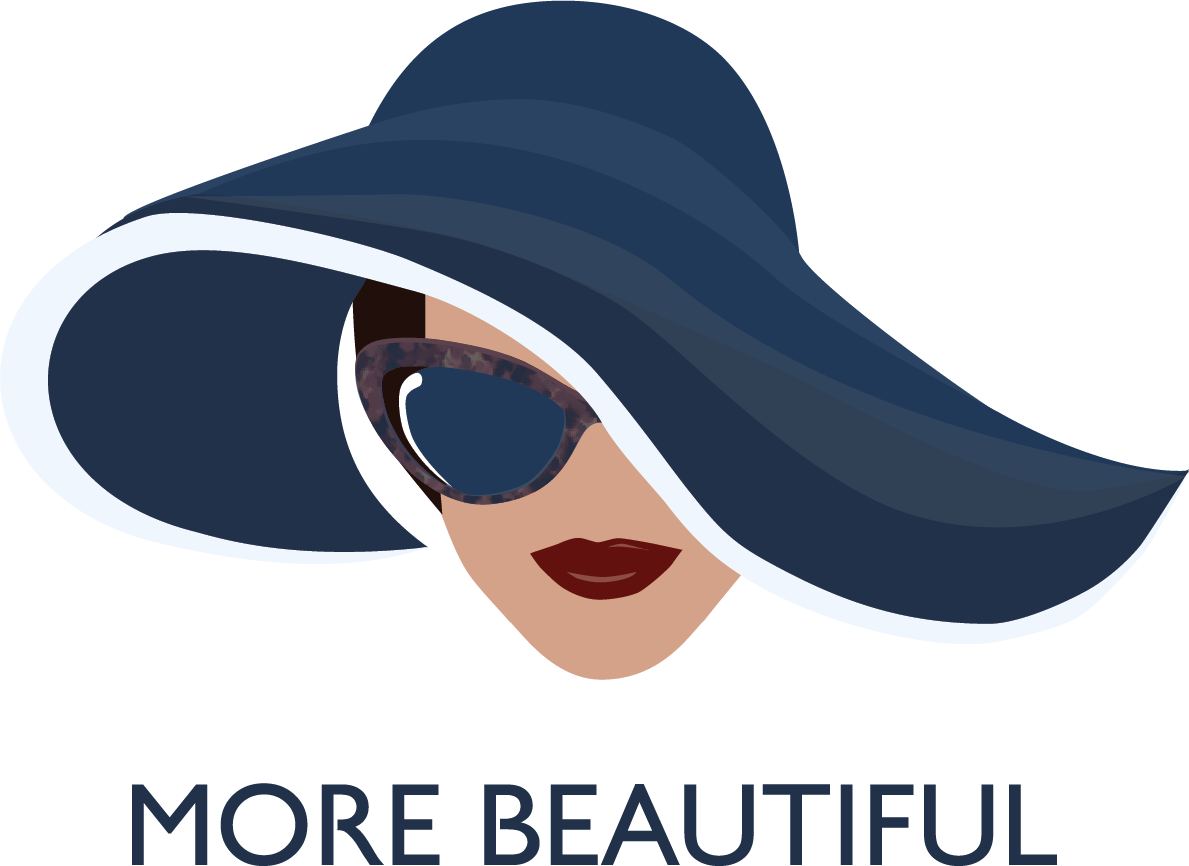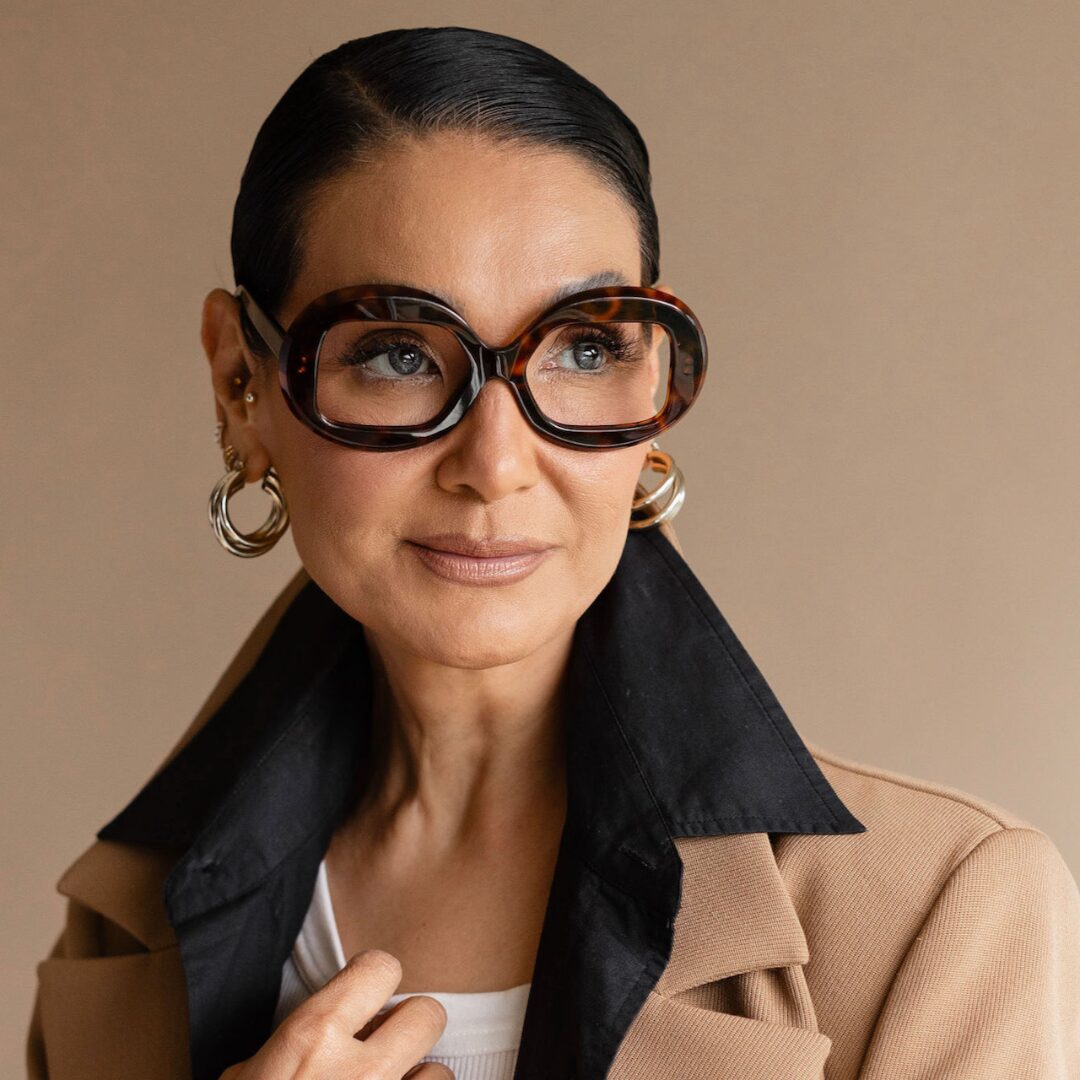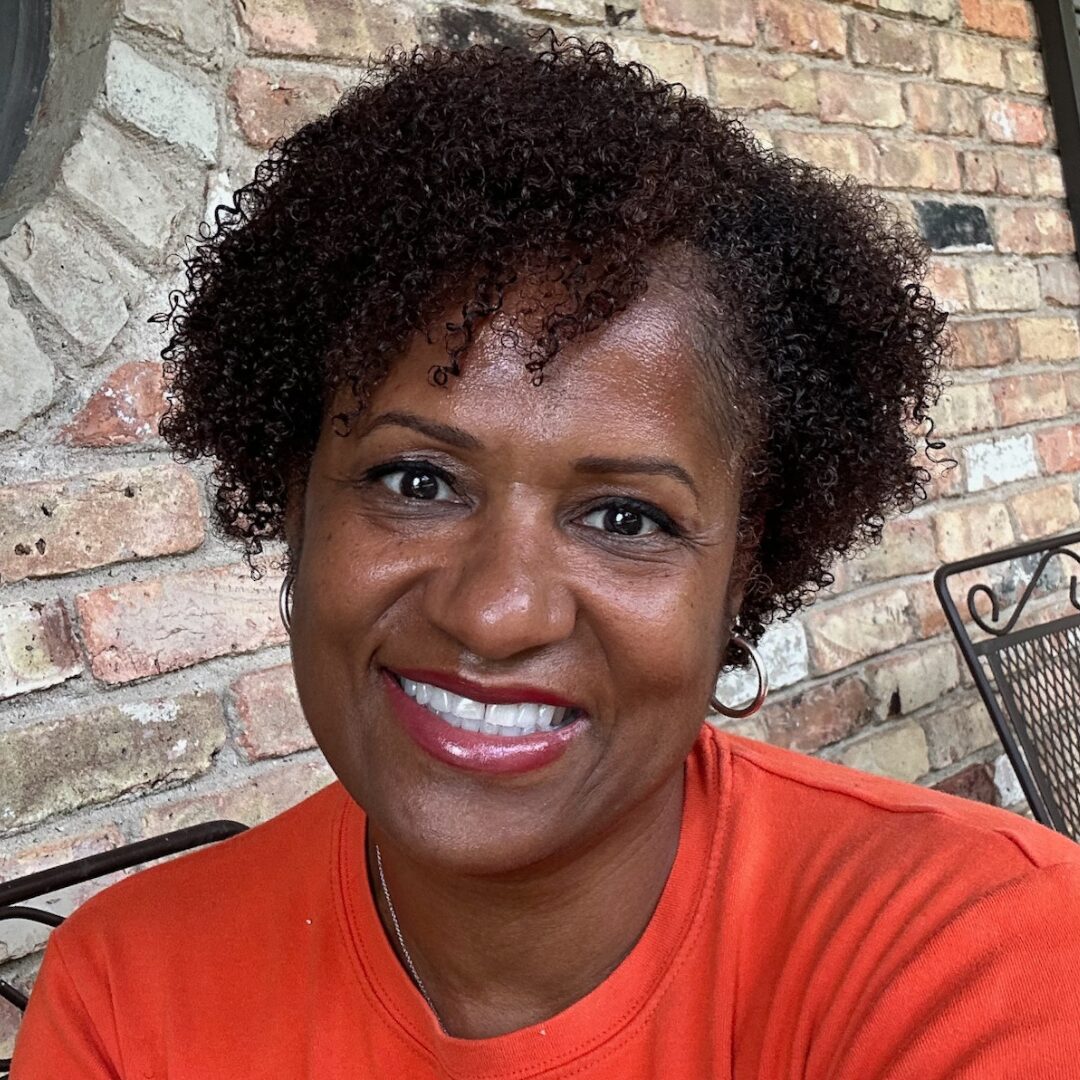The following is a transcript of this episode.
If you were a small child anytime between 1953 and 1994 and you were allowed to watch television, at some point you probably saw the kids’ show Romper Room. It was an American program, but it was franchised and syndicated in various countries, so even if you didn’t grow up in the States it might have been on your radar. Anyway, it was a unique show in several ways. First, the cast included a hostess, who aside from being an actress was usually a former kindergarten teacher, and there was also a rotating cast of school children. At the start of each episode—at least the ones that aired in the U.S.—the hostess-slash-teacher would lead the children in the pledge of allegiance. Then, everybody would play games, sing songs, have story time, and enjoy milk and cookies along with a prayer. (Boy, times have changed, right?) And at the end of each broadcast, the hostess would look through a mirror…She called it her magic mirror, but it was really just an open frame on a handle…and she would recite the following rhyme:
“Romper, bomper, stomper boo. Tell me, tell me, tell me do. Magic mirror, tell me today, did all my friends have fun at play?”
Now, if you were a kid watching at home like I was, sitting on the shag carpet in front of a television set that was like a major piece of furniture, this was it. It was the magic moment. You were bursting with excitement. And honestly, what happened next could make or break the rest of your day.
The hostess would gaze through that mirror, and she would name the kids she (quote) “saw” out there in television land. For example, she’d say, “I see Tommy and Jennifer and Mary and Billy, I see Sam and Ryan and Nancy and Kathy.”
If your name was one of the chosen few that morning, you were a bona fide rock star. You felt like the most special person in the world. You would jump up and down. And you would probably start screaming at the top of your lungs to your mom or whatever adult was in the next room. Why? Because that important lady on TV SAW YOU.
For a time during my childhood, I watched that show every damn morning. Like millions of other kids out, I waited patiently, day after day, for my name to be called. And one morning, it was. I, along with all the other Maryann’s out there, had finally been seen!
But what about the kids whose names were never called? One of my best friends in high school had a Korean first name and she told me that when she was a preschooler, she watched that show for years and never heard her name. She was never seen. One day, my friend just gave up. She told her mom to turn off the television and she never watched the show again.
I have to say, I hadn’t thought about Romper Room for years, but when someone recently posted something about it on Instagram a few weeks ago, the memories came rushing back. And I started thinking about all the conversations we’ve had on the More Beautiful Podcast that touched on this desire to be seen. And the feeling that many people have as they get older that they’re feeling less and less seen. That sometimes, it even feels like they’re becoming invisible.
This human need to be seen is universal. And I would argue that not feeling seen is the root of so many interpersonal conflicts.
Think about those times someone made you feel overlooked in some way: A friend not remembering a story you told them three times. Your boss passing you up for a job you know you would have been perfect for. The person you love forgetting an important anniversary. The waiter at the diner you go to every morning not remembering your name or how you take your coffee.
At the core of each of these situations is that someone failed, or refused to see you. And that feels bad.
I gotta tell you, there’s a parent at my kids’ school whom I’ve been introduced to four or five times, and with each encounter she thinks she’s meeting me for the first time. Maybe this woman has a memory issue, so I try not to get upset about it. But still, it stings each time she puts her hand out and says, “Nice to meet you.” It’s like, lady, you’ve been to my house for cocktails and we’ve had multiple conversations, but OK, nice to meet you.
If you think about it, the need to feel seen starts at birth. Newborns gaze into their mother’s eyes seeking an emotional connection. Making eye contact with your baby is vital for early attachment and bonding, and it’s important for the infant’s brain development too.
And we retain that desire to be seen right up to old age. Sometimes when I visit my mom in the memory care ward, she’s engaged in a group activity, and the nurse will yell across the room, your daughter is here to see you! And my mom just lights up. Why? Because she has a visitor. She’s special. All eyes are on her. And as much as I love witnessing my mom’s happiness, I can’t help but notice the sad expressions on the faces of some of the other residents, who maybe wish it were them being singled out and taken to the patio for ice cream. To these nursing home residents, having a visitor is like being Courtney Cox at that Bruce Springstein concert, being plucked out of the audience to come on stage and dance with the Boss.
After having all these conversations with people in their 40s, 60s and 60s, I’m convinced that the time when many people feel most vulnerable to feeling unseen…is midlife. Maybe because our youth isn’t too far in the past, we’re noticing how society is gradually shifting its attention away us…We feel like we’re becoming invisible—that’s how many women, especially, describe it. We no longer feel as seen as we once were. Unfortunately, we live in a youth obsessed culture where older people are not valued as much as younger people, and that has a lot to do with it. And maybe midlifers in other places don’t feel that as much. For instance, my husband grew up in Japan, and his Japanese grandmother was respected and revered by everyone around her because of her age. Every evening she used to go down to the bath house where the younger women would wash her back and take care of her. To them, she was wise and elegant and beautiful until her death at age 99. But not here. Here, we prize wrinkle-free skin and fewer trips around the sun, instead of crow’s feet and life experience. Which is such a shame for everyone.
There was a great scene in the sitcom Grace and Frankie, where the characters played by Jane Fonda and Lily Tomlin are in a grocery store and cannot get the attention of a salesclerk to ring them up. After being ignored for a very long time, and then watching the clerk go over to help a young, voluptuous blonde woman instead of them, Fonda’s Grace goes ballistic. “Do you not see me? Do I not exist? Do you think it’s alright to ignore us?” she yells, pointing to Tomlin’s character Frankie, just because she’s got gray hair?” A few minutes later, in the car, Grace apologizes for her outburst but admits, “I don’t want to be irrelevant.” To which Frankie replies, “It’s OK, I realized something…I’ve got a superpower,” and she pulls out a pack of stolen cigarettes. “You can’t see me,” she says, “You can’t stop me.”
Now, I’m not advocating that we all go out and start shoplifting. It’s just a very funny, satisfying scene, right, because we’ve all been there. If we’ve made it past the age of 40, at some point we’ve probably experienced the indignity of being ignored or overlooked. And it feels terrible. Even if it’s ridiculous.
But here’s a little plot twist. Even if you are physically noticed, you aren’t necessarily SEEN. People often make wrong assumptions about one another based on their outer appearance, their job, their home and other external factors. But we’re all multifacted creatures, so it take a while to really know us, to see us. Take, for example, the fierce corporate executive who’s tender to her loved ones when she comes home at night. Or the laid-back stay-at-home mom who’s stronger than anyone when it comes to protecting her family.
But sometimes people see us incompletely, or unclearly, because we’ve been hiding our true selves. Maybe we’ve been told throughout our lives that we’re too much of this or that, or not enough of this or that. So we meld ourselves into the version we think people want to see. The version that’s acceptable to society. And we hide parts of ourselves that we’re afraid others will reject. We pretend to be something different so that we get the job, get the date, get the invitation, etc. And then nothing feels in alignment, and we get upset for not being seen for who we truly are.
The problem with hiding our quirks is that that’s the stuff that makes us unique. It’s the stuff we expressed with abandon when we were kids. Our silly jokes, and bad dance moves, and weird habits. As teenagers, we learned to survive by letting go of all that and conforming. And then as adults, we never re-examine the cost of fitting in. We never look back at what we lost in the process. This subconsciously chips away at us, year after year, until we’re no longer that kid sitting in front of the TV set, with our Holly Hobby T-shirt and bad haircut and goofy smile, waiting for someone to acknowledge us for everything we are.
Deep down, we all want to rip off those Scooby masks and just be ourselves. And that’s a beautiful thing that happens for a lot of people as they age. They become more of themselves. They become braver at revealing who they are, their vulnerabilities and challenges. As I get older, I’m less afraid of “doing things wrong” or looking silly or being bad at something in front of other people. I am caring less and less about other people’s assessment of me, and more and more about being seen for who I really am.
When someone truly sees you, quirks and all, they have a choice. They can take all of it—the good and the not so great—or they can leave it. And you have a choice—you can stay or walk away. The people who truly see you and love you are OK with you chewing gum like a cow when you’re anxious. They’re fine with your occasional outbursts, because they know you’re a pussycat. And they will love your body–with it’s skin not as smooth as it used to be and joints maybe not as flexible as they once were—and see you as beautiful, both inside and out.
The other thing that happens when people truly see you is they call you out on stuff. They see through your BS and they don’t let you get away with anything. I once had someone close to me say to me, why are you focused on X and Y, when you really want to be doing Z? I thought it was a bit forward, until I realized that this person really knew me and got m e, and they were delivering a dose of tough love. Sometimes being seen can feel annoying, but that annoyance is quickly replaced by gratitude.
I believe one of the greatest gifts in life is to be seen deeply.
Look around at who’s important to you. Do you really see them, or do you need to do some re-examination? Do you have to start paying more attention? If you do see them, let them know that you love and accept all of who they are. I can guarantee your relationship will grow stronger from that.
If it’s you that’s not feeling seen, start by taking a good look at yourself and how magnificently you’ve navigated this life so far. Go back to episode 61, in which I talk about celebrating where you’ve come from and everything you’ve achieved up to this point. Then, try to remember that energy and excitement you felt as a kid with so much to look forward to. How, before you started listening to your parents and teachers and other adults, you embraced all those parts of yourself, listened to your inner voice telling you what you wanted, what you could contribute to the world. And try to reclaim some of that energy.
One sure-fire way to feel seen is to walk into an encounter with energy of the highest vibration you can muster. Because when you enter a room with the intention of bestowing that light, that positive energy onto other people, what happens is that it gets reflected right back at you. And everyone wins.
Fashion icon Iris Apfel, who is now 102 years old, calls herself the world’s oldest living teenager. Over the years I’ve seen her at fashion press events. She always comes into the room wearing some bold outfit and her huge signature glasses, and all eyes immediately turn to her. Her mantra is, “Get old, but don’t get boring,” and she is certainly living by example by continuing to work, create, socialize and embrace her passions. And she remains very much relevant and visible in the process.
Everywhere I look these days I see examples of women in midlife and beyond who radiate this kind of ageless energy that demands attention.
The other night I was eating at a local restaurant with my husband. We had just left another event, it was a little on the late side, so we grabbed a couple seats at the bar. All the people around us were in their 20s and 30s. Then, a woman who was probably in her mid-60s came in at sat down near the bartender. She was so charming and friendly and gracious, and she smiled and made a little flirty joke whenever someone came to refill her water glass or bring her a plate. She asked everyone what their name was, what they were eating, if they were from the city…And you know what, within 20 minutes everybody sitting around that bar was enraptured with her. In fact, the two handsome younger bartenders were chatting and flirting with her, not with the cute 20something sitting across from her. Why? Because she was captivating, full of life, interesting and, most important, genuinely interested in others. And she wasn’t trying to be anybody else but herself. She emanated confidence and joy, and she was pouring all that positive energy into that room. She was the love in the room. And do you know what that is? It’s super, super attractive.
So let’s not lament not being seen. Let’s start by seeing ourselves and others more clearly, more fairly and more compassionately. And then let’s bring all that good stuff with us wherever we go, so that not only will we be seen….They won’t know how to take their eyes off us.





